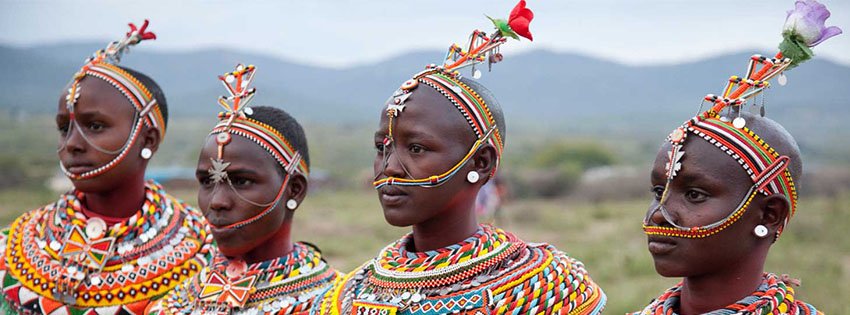Culture is not just about old customs or traditional dances; it is the very soul of a nation. In Uganda, culture is the foundation of identity, the source of community, and the driving force behind the country’s social and economic life. For a nation with over 50 different ethnic groups, culture plays a vital role in keeping people connected, preserving their history, and guiding them into the future. This news story explores the importance of culture in Uganda, highlighting how it shapes everything from family life to national development.
Preserving Identity in a Changing World
In a world that is becoming more and more globalized, culture serves as a vital anchor for Ugandans. It’s what connects people to their ancestors, their communities, and their history. Every Ugandan ethnic group has its own unique language, traditions, and belief systems, which are passed down from one generation to the next.
- Language as a Connector: With over 40 different languages spoken, a person’s language is often their first point of identity. While English and Swahili are used for official communication, speaking a local language like Luganda, Runyankole, or Acholi is a sign of belonging and a way to share stories and knowledge that are unique to that group.
- Traditional Institutions: The restoration of traditional kingdoms like Buganda, Bunyoro, and Tooro has been a major step in preserving cultural identity. These kingdoms, led by their revered kings (Kabakas or Omukamas), are not political entities but cultural centers that promote traditional values, customs, and heritage. They serve as a source of pride and unity for their people.
By holding onto these traditions, Ugandans ensure that their rich heritage is not lost but continues to be a living part of their lives.
The Glue of Community and Social Cohesion
In Uganda, life is very communal. The importance of the group often comes before the needs of the individual, and this is all because of culture. Cultural norms and traditions provide a strong social glue that holds communities together, especially in times of difficulty.
- Respect for Elders: A core part of Ugandan culture is the deep-seated respect for elders. Older people are seen as a source of wisdom and guidance. Their advice is sought, and their opinions are highly valued in family and community matters. This respect creates a strong intergenerational bond that helps to maintain social order and pass on traditional knowledge.
- Shared Ceremonies: Cultural ceremonies for events like weddings, funerals, and births bring entire communities together. For example, a traditional Kwanjula (introduction ceremony) in the Buganda culture is a major social event that involves entire extended families. These events are not just parties; they are important rituals that strengthen family ties and reinforce community values.
This sense of community means that in times of need, Ugandans can often rely on a strong network of family and neighbors for support, which is a powerful source of resilience.
Driving Force Behind the Economy and Tourism
Uganda’s culture is also an important economic asset. The country’s cultural richness is a major draw for tourism, which is a crucial part of the economy.
- Cultural Tourism: Travelers from all over the world come to Uganda to experience its unique cultures. They visit the royal palaces, watch traditional dances, and explore local markets. This cultural tourism creates jobs for guides, artists, and small business owners who sell traditional crafts like barkcloth products, woven baskets, and hand-carved art.
- The Arts and Crafts: Traditional Ugandan art and crafts are celebrated for their intricate designs and cultural symbolism. Artists use skills passed down through generations to create beautiful items. The barkcloth of the Baganda, for example, is a UNESCO-recognized heritage item that is now being used to create modern fashion and art, providing a source of income for many.
By celebrating and promoting their culture, Ugandans are also creating economic opportunities that support local livelihoods and help the country grow.
A Platform for Peace and Unity
In a country with so many different ethnic groups, culture plays a critical role in promoting understanding and peace. Cultural exchange programs and festivals are a way for people from different backgrounds to learn about each other’s traditions and appreciate their differences.
- National Unity: The government and various non-governmental organizations often use cultural events to promote national unity. By showcasing the diversity of the country in a positive light, they encourage people to see themselves as part of one nation, the “Pearl of Africa,” despite their different tribal identities.
- Conflict Resolution: In many communities, traditional leaders and cultural elders still play an important role in resolving disputes. Their authority, based on cultural respect, can often be more effective than a formal legal system in settling conflicts and promoting harmony within and between communities.
In conclusion, culture in Uganda is much more than a collection of old traditions. It is a living, breathing force that shapes identity, builds strong communities, drives economic growth, and promotes peace. For Ugandans, their culture is their heritage, their present, and their hope for a united and prosperous future.

